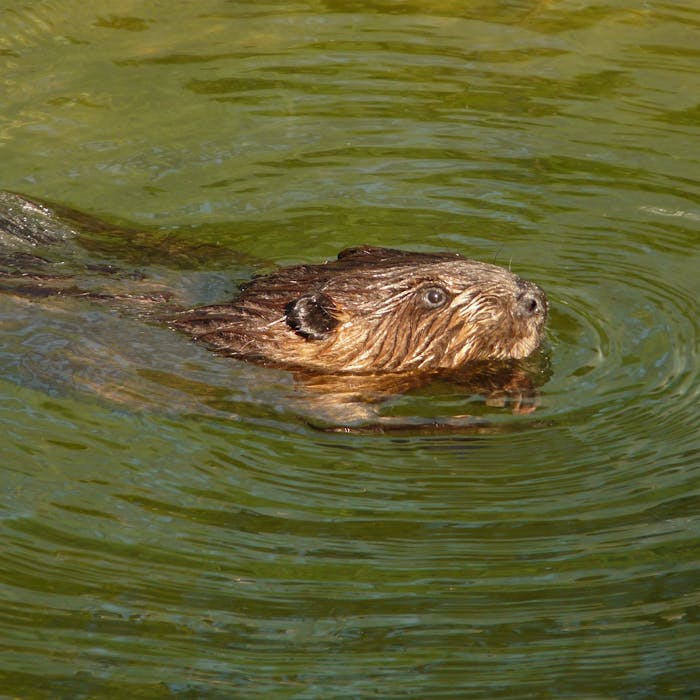
Beavers – 2021 was a record comeback year for these industrious creatures
Perhaps now better known for their North American relatives, beavers are actually native to mainland Britain. But these industrious herbivores were hunted to extinction in the 16th century by people who wanted their fur, meat and scent glands.
They have been making a comeback recently, as examples are released to breed in the wild.
The disappearance of beavers brought damage to the ecosystem. It led to the loss of the mosaic of lakes, meres, mires, tarns and boggy places that they were instrumental in creating, and their reintroduction is designed to reverse this.
Twenty years ago, the Wildlife Trusts re-introduced the first beavers to Britain. This started in Knapdale Forest in Scotland and then Cornwall, and 2021 will be a record year for beaver releases as they are brought back to five more counties - Dorset, Derbyshire, Hampshire and the Isle of Wight, Nottinghamshire and Montgomeryshire.
Their ability to restore and maintain important wetland habitats is regarded as an important benefit of the reintroduction.
Beavers help stop flooding downstream, filter out impurities and create new homes for otters, water voles and kingfishers. They also create a wonderful range of wetland habitats that provide homes for other wildlife and greatly enhance conditions for nature to thrive. The channels, dams and wetlands that beavers engineer hold back water and release it more slowly after heavy rain, helping to reduce the risk of flooding. Their activities prevent soil being washed away after rainfall – their dams filter water, cleaning it and reducing pollution downstream
The Department of Environment, Food and Rural Affairs is expected to release a public consultation on a beaver strategy for England shortly, which will look in more detail at the management of beavers in the wild and future re-introductions.
Further reading
Links to external websites are not maintained by Bite Sized Britain. They are provided to give users access to additional information. Bite Sized Britain is not responsible for the content of these external websites.
